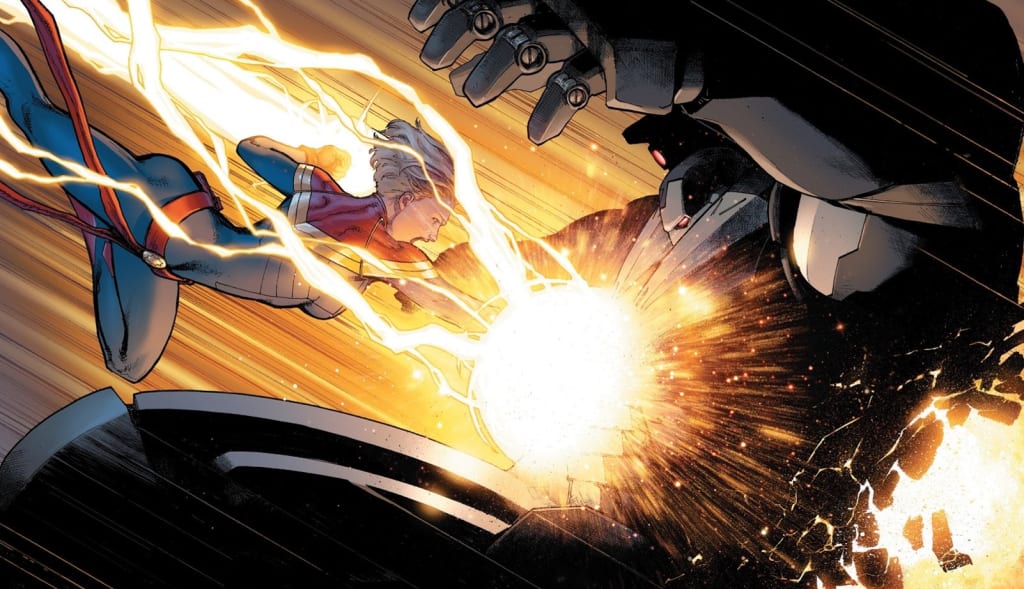
With 2016 seeing the release of Captain America: Civil War, it was hardly surprising that Marvel Comics chose to return to the Civil War brand for 2016's event comic, Civil War II! The event finally ended on December 25th, launching a new status quo that rocked the Marvel Universe. But as the dust settles, it's time to take a look at whether or not it worked, and what lessons can be learnt for the future.
The Main Book
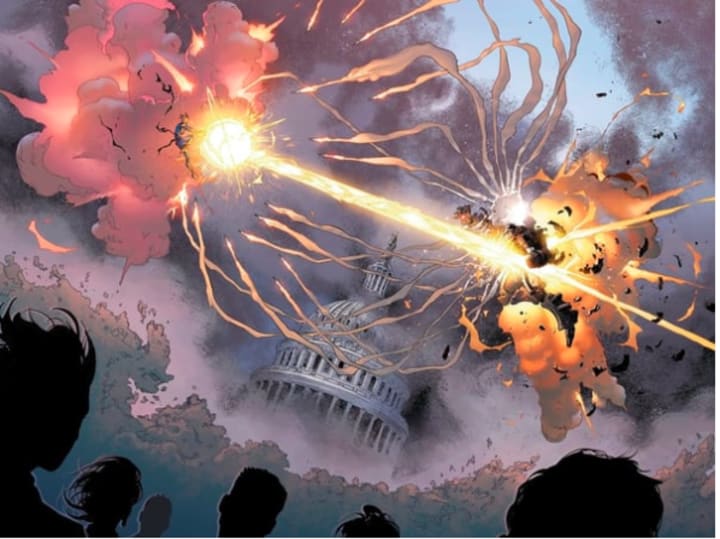
From #8.
The core concept of Civil War II was a simple one, with strong Minority Report overtones. The latest Inhuman, Ulysses, possesses the ability to experience visions of the future; as the event continues, this power develops and allows him to project these visions to others as well. The superhero community is swiftly divided over how these powers should be used. On the one hand, Captain Marvel believes they should be used to police the future; on the other, Iron Man believes the future is indeterminate, and that the visions shouldn't be trusted.
Written by Brian Bendis, and with outstanding art by David Marquez, the main Civil War II book told the story of the superhero community once again dividing. At the core of the story, a vision of the Hulk going on a rampage led to the superheroes briefly uniting and confronting a rogue Bruce Banner; events took a sickening twist, as we learned that Banner had a contingency plan in place should he ever be at risk of, ah, 'Hulking out' in a dangerous way. He'd given Hawkeye an arrow that could kill even Bruce Banner, and Hawkeye loosed the arrow to fatal effect.
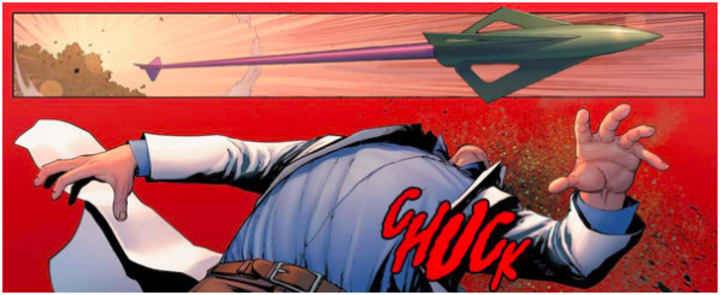
The death of Bruce Banner.
The final issue saw Iron Man and Captain Marvel in head-on collision in Washington DC, spurred on by an ominous vision of Captain America dead - at Miles Morales's hands. In the end, Ulysses's knowledge was found to have transformed him into a cosmic entity and he left the Earth, while Tony Stark was left in a coma.
Compared to the Original...
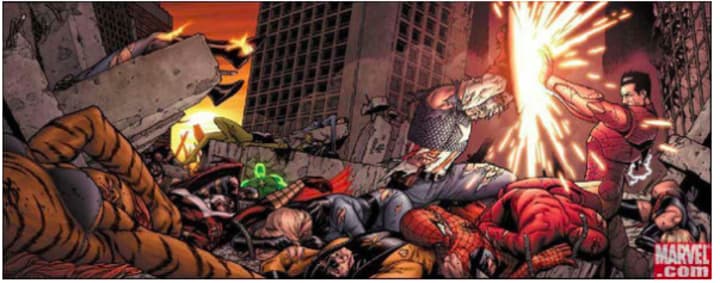
The original classic.
The problem with Civil War II, of course, is that it will inevitably be compared to the 2006/2007 original, written by Mark Millar. In the original Civil War, the superheroes were divided over a Super Human Registration Act that, in Captain America's view, would give the government far too much control over superheroes and would infringe personal liberties. As a reason for the conflict, it was much more solid and grounded; it was visibly rooted in real-world politics, such as the Patriot Act.
Instead, Civil War II relies on a classic science-fiction motif of precognition, and leaves readers with some very odd reactions. Ulysses isn't the first precog in the #Marvel Universe, for example, so why didn't any of the other precogs wind up causing a similar schism? Matters weren't helped by the drawn-out mystery of how his powers worked, with Captain Marvel committing to her view before they'd even tested whether or not Ulysses could get things wrong. We soon learned that he could, although that particular plot-element was dropped after #4.
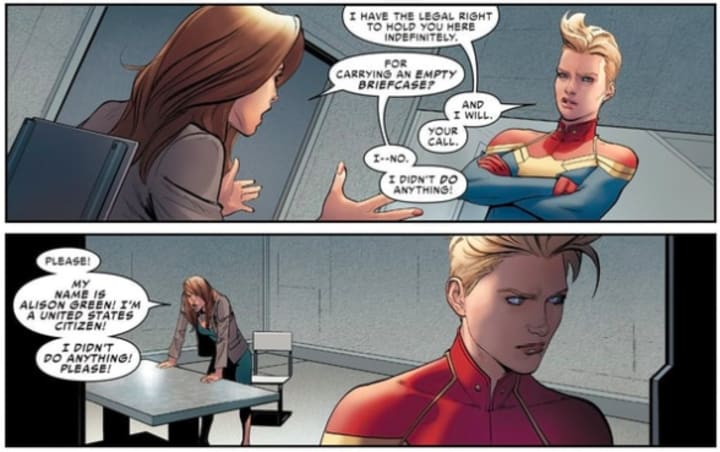
Carol is wrong - and this is swiftly forgotten.
Marvel consistently tried to ground the issue by comparing it to 'profiling,' where police forces stop or arrest someone because of a suspicious characteristic. Unfortunately, the comparison doesn't quite work; precognitive knowledge isn't quite the same thing as profiling, and the analogy began to fail.
Perhaps the oddest part of this, though, is that it's only in the final issue that we really learned why Tony Stark was opposed to using Ulysses's powers in the first place. Surprisingly, that's not through Tony Stark; it falls to Beast to explain it to Captain Marvel, as he watches over Stark's comatose body.
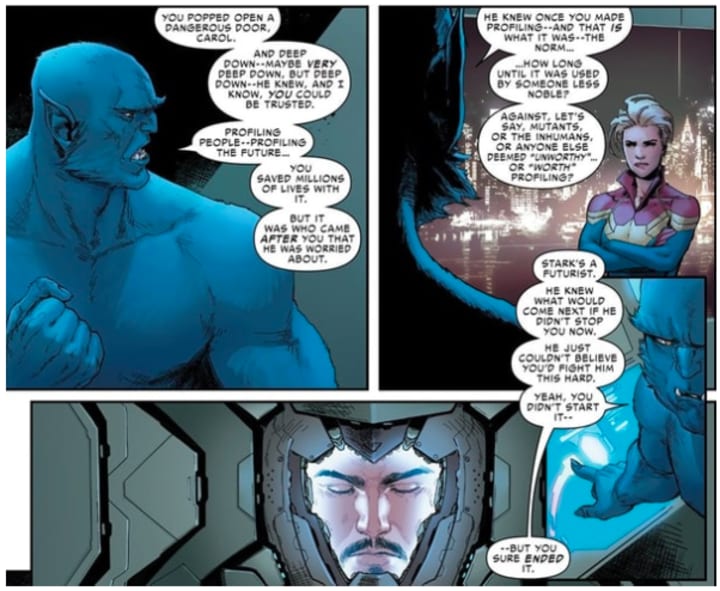
Beast explains.
Marvel's Event Problem
As comic book fans know, Marvel has slipped into an annual pattern. You have a summer event that launches a new status quo, which is explored until next year's summer event. That's not necessarily a problem; although review websites grumble about 'event fatigue,' sales figures show no evidence that general comic book readers are getting bored of summer events.
What is a problem, though, is that — for the second year running — Marvel's summer event has failed to finish on time. 2015's Secret Wars saw Jonathan Hickman struggle to finish the core book in the eight allocated issues, and the event ultimately spilled over into an extra issue. Worse still, the pressure of the book saw both Hickman and artist Esad Ribic struggle to make deadlines, and the issues were plagued with delays. Ultimately, Marvel's 2015 summer event didn't even finish until January 2016!
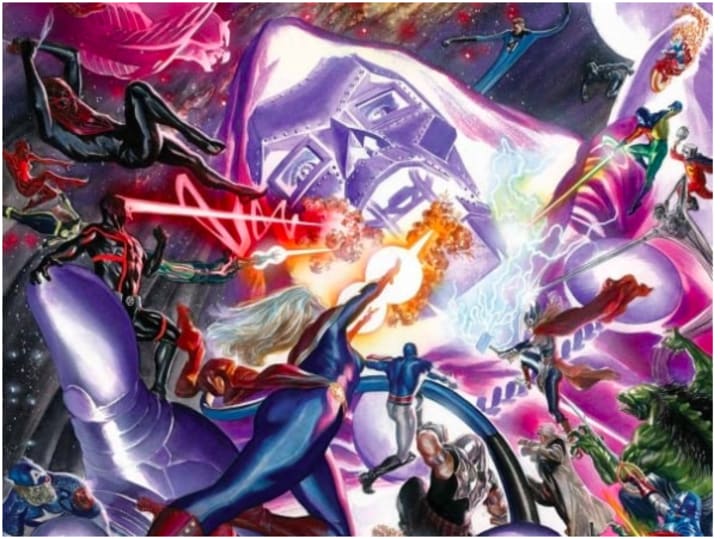
"Secret Wars".
Though perhaps the most disturbing side of this, is that — in both cases — the delays meant the post-event status quo had actually launched before the main title had finished. Civil War II #8 closes with a double-page spread 'revealing' the new status quo, but there's not a single surprise on those two pages. In fact, most of those have been running through the comics for the last two or three months! What should, ideally, have been an exciting hint of the future, is more just a functional nod to reassure you that everything's over and has now been joined up.
The Repercussions
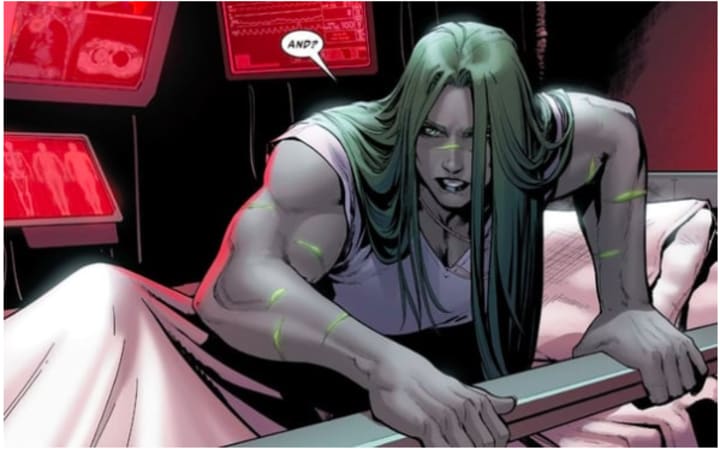
She-Hulk awakens.
In an interview with CBR, Axel Alonso seemed to acknowledge these problems; still, he reassured readers that we should be looking to the future:
"We accomplished what we wanted with the story. Of course, we wish we could’ve wrapped it up on time, and we’re sorry about that, but we didn’t want to do that at the expense of the overall quality of the final package — and we think Brain and David wrote a beautiful story."
That said, for Alonso, the event's value is in its consequences. It sets up a new status quo that he's eager to explore. He told CBR:
"In terms of the event’s impact on the Marvel Universe, it’s having the ripple effect that we wanted: the emergence of the Champions as a counterpoint to the Avengers, the repositioning of Tony Stark and Carol Danvers, and the huge Hulk-sized hole created by Hawkeye’s arrow."
He's right. The events of "Civil War II" have changed the shape of the Marvel Universe, and set up some pretty interesting new arcs. The Champions is a fantastic book, positioning the popular Legacy Heroes as a counterpoint to Marvel's Avengers brand, and we have a new Legacy Hero - Riri Williams has taken over as Ironheart!
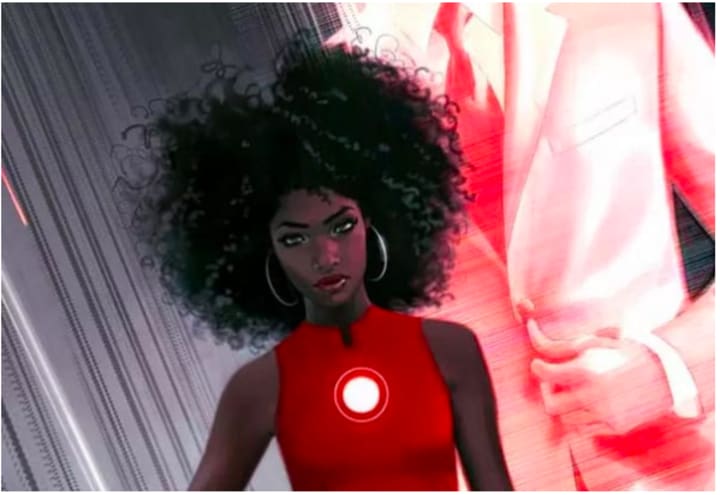
Riri Williams.
One element is missing, though. The character of Ulysses - the trigger of this whole event - has been taken off the board. I have to be honest that, in my view, Marvel would have been much wiser to keep Ulysses around; to end the event with a new status quo in which this strange version of "profiling" remained the norm, just as the original Civil War launched an era in which the Super Human Registration Act remained in force. Removing Ulysses means that the positions taken during "Civil War II" are largely irrelevant in the long-term; the superheroes will remain divided, or disillusioned, but it's much easier to resolve those differences and reignite the flame of hope.
All in all, I'm sorry to say that I don't believe Civil War II can go down as a success. The main event itself suffers when compared to the original comic book classic, and as intriguing as the new status quo may be, it isn't quite so bold as Marvel is trying to make out. Interestingly, though, Marvel seems to be recognizing this. By January, we're normally beginning to see teasers and solicits for the next summer event; as of yet, though, we've not even had a hint. It's possible that Marvel has recognized the problem, and is planning to break their annual pattern.
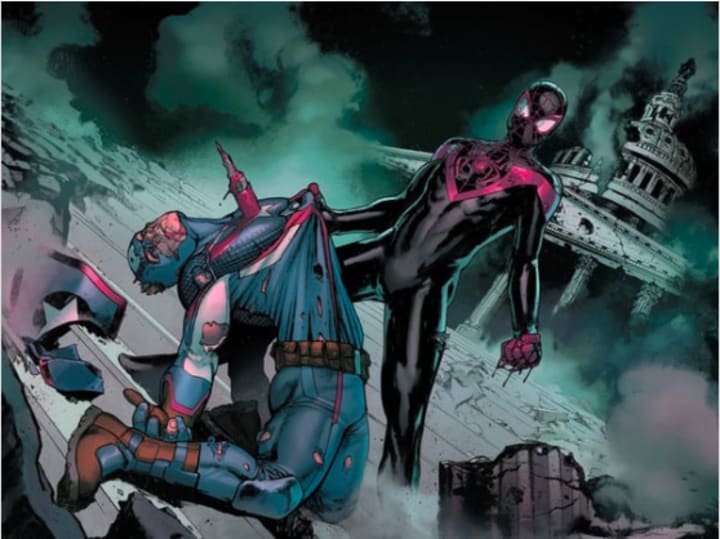
Credits: Marvel Comics
(Source: CBR)
About the Creator
Tom Bacon
A prolific writer and film fan, Tom has a deep love of the superhero genre.


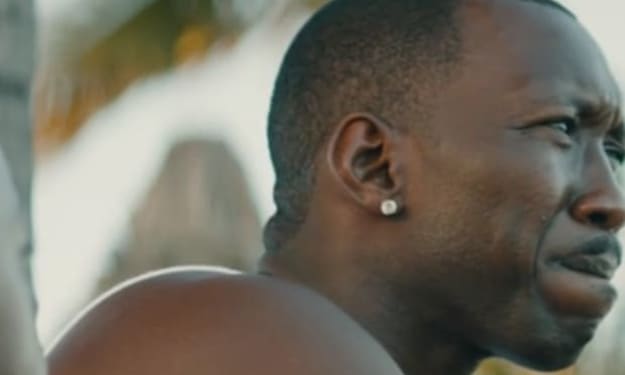



Comments
There are no comments for this story
Be the first to respond and start the conversation.